India’s No. 1 Online Admission Portal Apply Now
India’s No. 1 Online Admission Portal Apply Now

The healthcare education system in Nepal needs to overcome hurdles. It persists in developing creative solutions to address the healthcare requirements of its population. This article delves into the factors that influence Nepal's approach.
Medical education in Nepal has been shaped by the country's geography and limited resources. With few doctors serving a dispersed rural population across mountainous terrain, Nepal has had to adapt its medical training to prepare doctors for remote practice.
Some key facts about medical education in Nepal:
Nepal's approach focuses on increasing access, quality, and relevance to treat patients in remote Himalayan villages.
The most common medical degree is the Bachelor of Medicine and Bachelor of Surgery (MBBS):
Besides the standard MBBS, Nepal offers some specialized degrees:
These equip students with competencies to address community health needs. Graduates can also pursue MD/MS degrees for specialization.
Nepal's outcome-based MBBS curriculum has distinct components:
Pre-Clinical Foundation
The first 2 years deliver core fundamentals:
Clinical Rotations
The next 3 years involve rotations in:
Rural and Community Focus
Specialized training prepares for rural practice:
Competency Development
Internship
This curriculum prepares graduates for remote mountain medicine.
Nepal uses varied pedagogies in medical schools:
However, specialized technology and simulation still need to be improved, especially in remote mountain regions, due to infrastructure constraints across the challenging terrain.
Nepal's medical schools grapple with considerable challenges:
Inadequate Resources
Difficult Access
Language Disparities
Student Hardships
Quality Issues
Nepal is working to reform the medical curriculum and teaching methods:
These innovations aim to prepare doctors better while increasing retention.
Looking ahead, Nepal may modernize medical education by:
Please visit our page MBBS In Nepal to know more details.
Conclusion
Nepal has a unique approach to medical education shaped by geographical and social needs within communities. By balancing rigorous foundations with adaptability and ingenuity, Nepal's medical schools strive to overcome challenges and supply rural regions with skilled, dedicated physicians. The future lies in blending time-tested medicine fundamentals with targeted innovations to serve the Nepali people.
No Comments Found
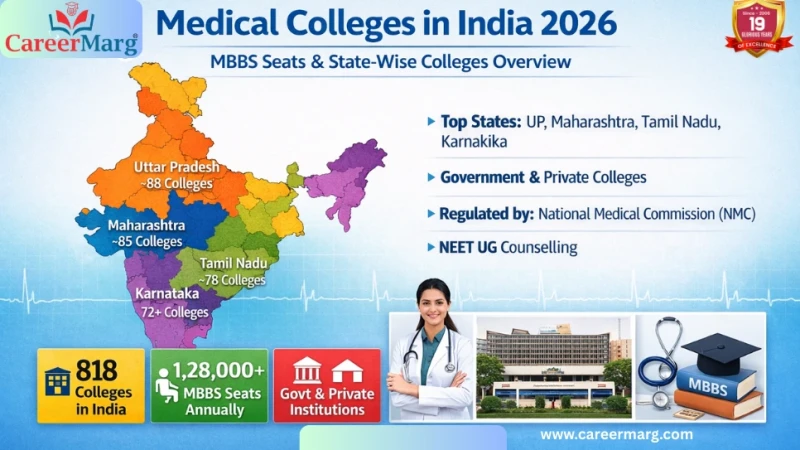
India has approximately 818 medical colleges with over 1.28 lakh MBBS seats available annually through NEET UG counselling in 2026, according to the latest government update presented to Parliament. This expansion has improved accessibility to medical education and increased opportunities for NEET aspirants....
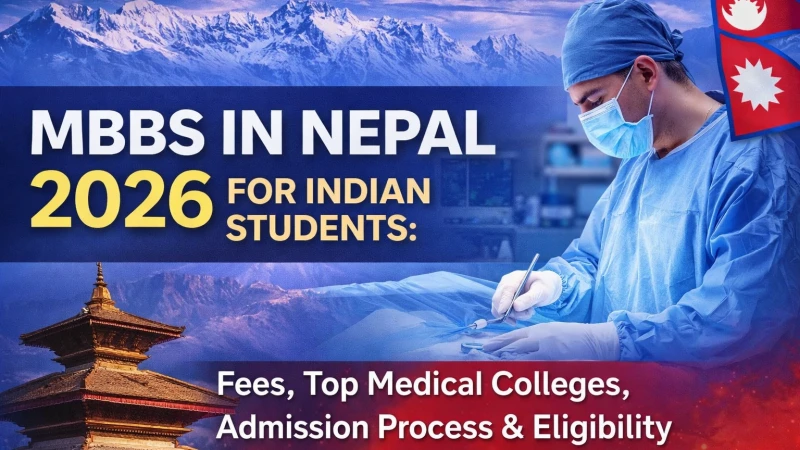
MBBS in Nepal is a popular choice for Indian students seeking affordable and NMC-approved medical education abroad. The total cost of MBBS in Nepal ranges between ₹45–75 lakhs depending on the college. Admission requires NEET qualification, and the course duration is....
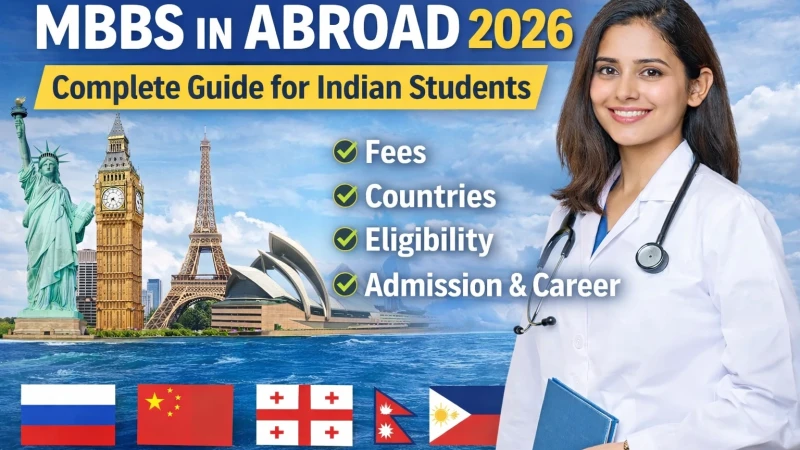
Studying MBBS abroad has become one of the most popular options for Indian students who want to pursue a medical career but face intense competition and high tuition fees in India. Every year, thousands of NEET-qualified students choose MBBS abroad....
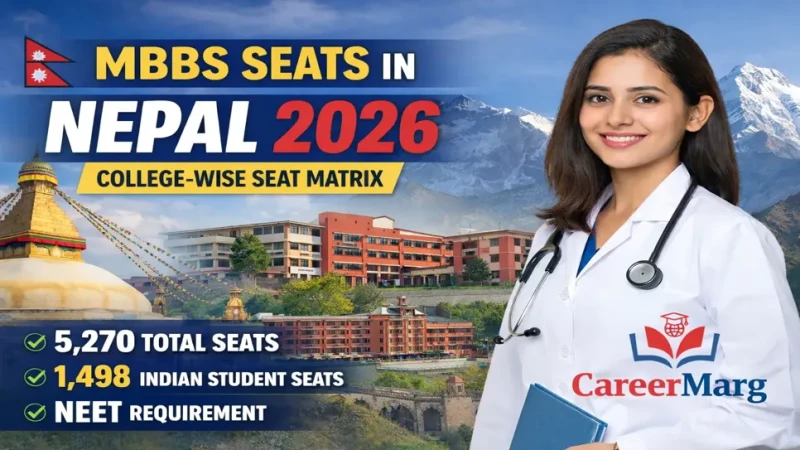
Explore the MBBS in Nepal 2026 seat matrix with complete college-wise seat distribution, foreign quota details for Indian students, eligibility criteria, fees, and admission process. Get accurate and updated guidance from CareerMarg for securing your medical seat in Nepal.Complete College-Wise....
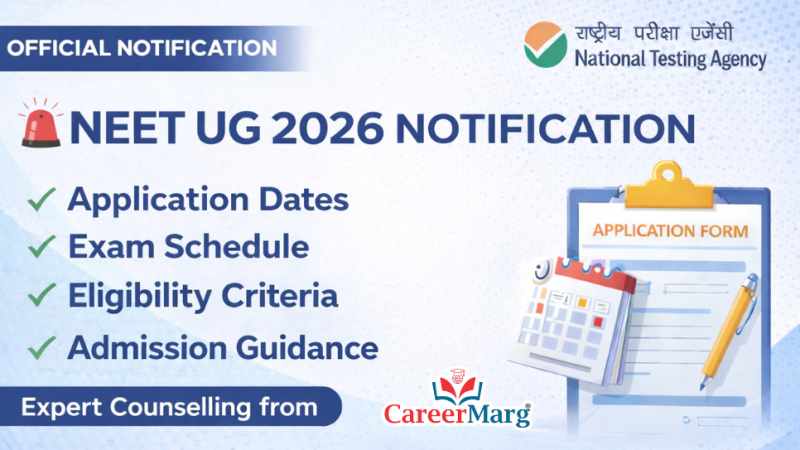
NEET UG 2026: Important Dates (Official)EventDateApplication Start Date08 February 2026Last Date to Apply08 March 2026 (up to 9:00 PM)Last Date for Fee Payment08 March 2026 (up to 11:50 PM)Correction Window10 March – 12 March 2026NEET UG 2026 Exam Date03 May 2026Exam Timing02:00 PM – 05:00 PM (IST....